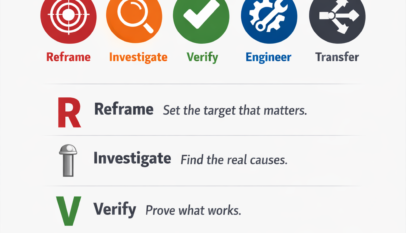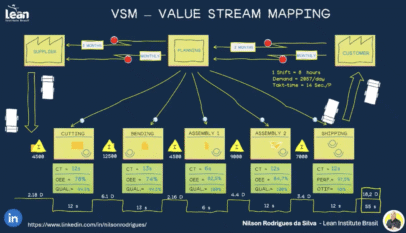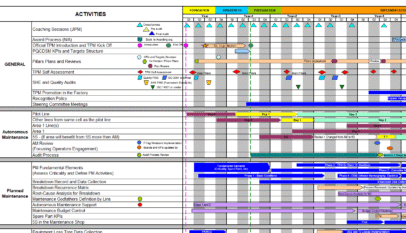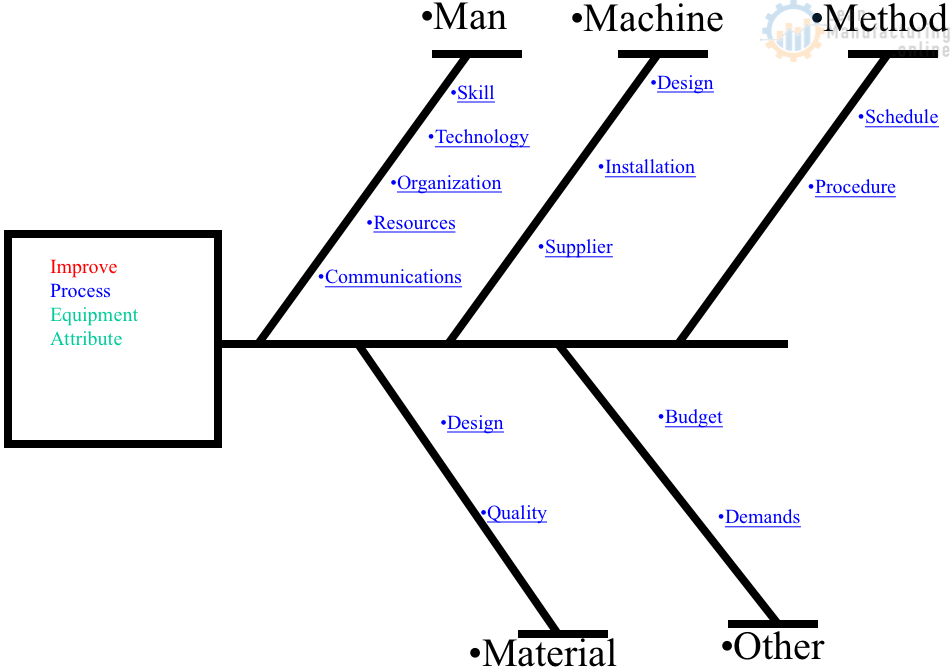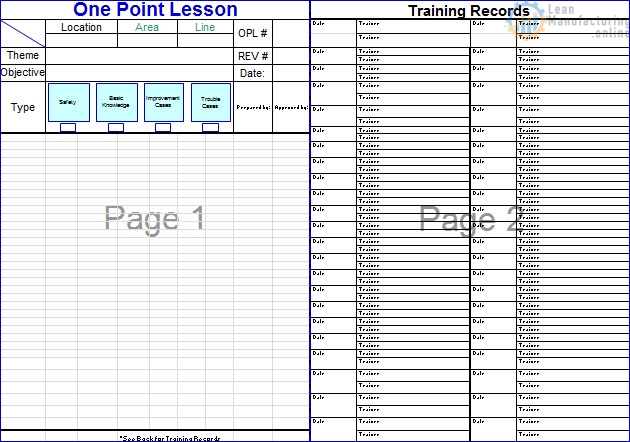Lean Manufacturing is a methodology that aims to optimize production processes by minimizing waste and maximizing efficiency. With the emergence of Artificial Intelligence (AI) technology, there is an opportunity to improve Lean Manufacturing tools and methods by integrating AI to optimize manufacturing processes further. This post explores how AI can be used in Lean Manufacturing and how it can improve production efficiency.
Introduction
Lean Manufacturing is a systematic approach to eliminating waste and improving production efficiency. Lean Manufacturing tools and methods include Just-in-Time (JIT) inventory management, Total Productive Maintenance (TPM), Kaizen, Value Stream Mapping (VSM), and 5S. JIT is a method that produces products on demand without excess inventory. TPM is a method that maximizes equipment uptime, and Kaizen is a continuous improvement method. VSM is a tool that maps the flow of value-adding activities and identifies non-value-adding activities. 5S is a method to organize the workplace and standardize processes. AI in Lean Manufacturing can improve these tools and techniques by analyzing data and providing insights to enhance production efficiency.
Using AI to improve Lean Manufacturing
AI can assist Lean Manufacturing by providing insights into production processes and identifying waste areas. AI can analyze data from sensors, machines, and other sources to identify patterns and trends. This analysis can identify the root causes of inefficiencies and waste in production. AI can also assist in predicting equipment failures before they occur, enabling maintenance teams to take proactive measures to minimize downtime.
One of the ways AI can be used in Lean Manufacturing is by implementing predictive maintenance. Predictive maintenance uses AI algorithms to predict equipment failures before they occur. Predictive maintenance can reduce downtime, increase lifespan, and improve safety. AI algorithms can analyze equipment data, such as temperature, vibration, and energy consumption, to predict when a machine will fail. Maintenance teams can then schedule maintenance before the machine fails, minimizing downtime and repair costs.
Another way AI can be used in Lean Manufacturing is by optimizing production schedules. AI algorithms can analyze historical production data, customer demand, and inventory levels to optimize production schedules. It can help manufacturers produce products promptly, reduce inventory costs, and improve customer satisfaction. AI can also improve demand forecasting accuracy, enabling manufacturers to make products more efficiently.
AI can also be used to improve quality control in Lean Manufacturing. Its algorithms can analyze production data to identify defects and anomalies. Manufacturers can use this data to identify the root causes of defects and implement corrective actions. This analysis can help manufacturers improve product quality and reduce waste.
Conclusion
Integrating AI in Lean Manufacturing can improve production efficiency by optimizing manufacturing processes. AI can analyze data from machines, sensors, and other sources to identify patterns and trends, predict equipment failures, optimize production schedules, and improve quality control. AI can help manufacturers reduce waste, increase efficiency, and enhance product quality. As AI technology evolves, AI in Lean Manufacturing will become more prevalent and essential to improving production processes.

